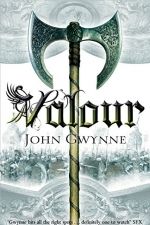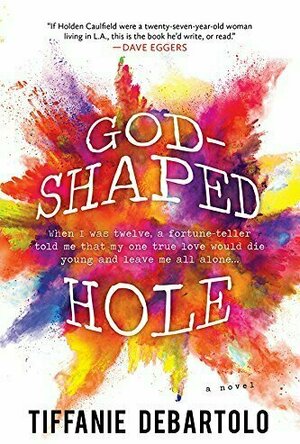
God-Shaped Hole
Book
"God-Shaped Hole will change you as a reader, writer and human. It is rare books like this one that...

Katherine Howard: The Tragic Story of Henry VIII's Fifth Queen
Book
'An impressive revisionist biography' The Times Looming out of the encroaching darkness of the...
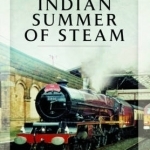
An Indian Summer of Steam
Book
'An Indian Summer of Steam' is the second volume of David Maidment's 'railway' autobiography,...
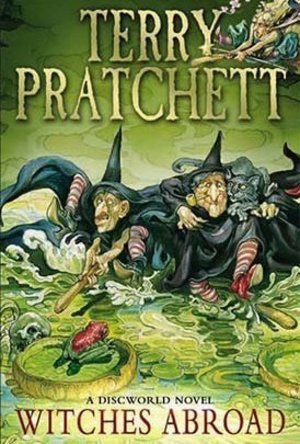
Witches Abroad (Discworld, #12; Witches #3)
Book
Things have to come to an end, see. That’s how it works when you turn the world into stories. You...
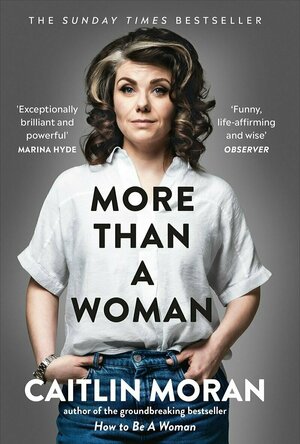
More Than a Woman
Book
If only she had known: when middle age arrives, a whole new bunch of tough questions need answering....

Marvel's Jessica Jones
TV Show
This Netflix original chronicles the life of one of the darker Marvel characters, the mysterious...
From there on each group goes on its own journey, but at times I found it hard to remember where they were going or why. Most of the original PoV characters return with some extras.
Maquin was a good addition as he tries to cope with losing his lord in the depths of the giant stronghold and battles on without a purpose, and ends up going on a really exciting journey.
Having Veradis no longer following Nathair, acting both as his first-sword and also as his conscience, was a bit of a challenge for me. I love the character of Veradis, and the shield wall method of battle he has developed, but struggle to see the point in him away from Nathair. At times it felt like there were events happening elsewhere in the world and one of the PoV characters had to witness them so he drew the short straw.
The focus of this book shifts away from Corban quite a bit: where Malice devoted almost every other chapter to his development and growth, here he becomes part of the richer story.
At times the events felt a little unbelievable - groups arriving at the same place at the right time, people just chancing upon others in a random clearing in the forest etc - and I found it a little jarring.
I found the characters a bit more well-defined than in the first book, but that could just be because some of the ones which were similar to others have now died. A number of the less pleasant characters though are still hard to distinguish - Jael, Rafe, Quinn, Morcant - all seem pretty interchangeable.
The story has moved along a bit but I feel the overall storyline is a little undefined as yet - it isn't clear what the end game is - there will be a battle between good and evil but there doesn't seem to be anything to do until then, other than try to stop it happening (but as the book itself says "it is prophesied so it will happen"), so the purpose seems to be damage limitation.
A good read and an improvement over Malice, but I still struggle to remember what each group is doing for the first page or so of their chapters.

People and Projects Podcast: Project Management Podcast
Podcast
Succeeding in business often comes down to your ability to lead people and deliver results. Anyone...
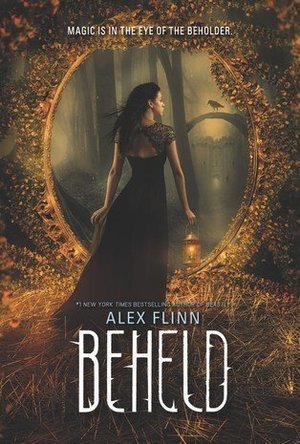
Beheld (Kendra Chronicles, #4)
Book
#1 New York Times bestselling YA author Alex Flinn is back with magical twists on four fairy-tale...

New Scientist
News and Magazines & Newspapers
App
New Scientist is the world's number one science and technology magazine, and online we are the go-to...
